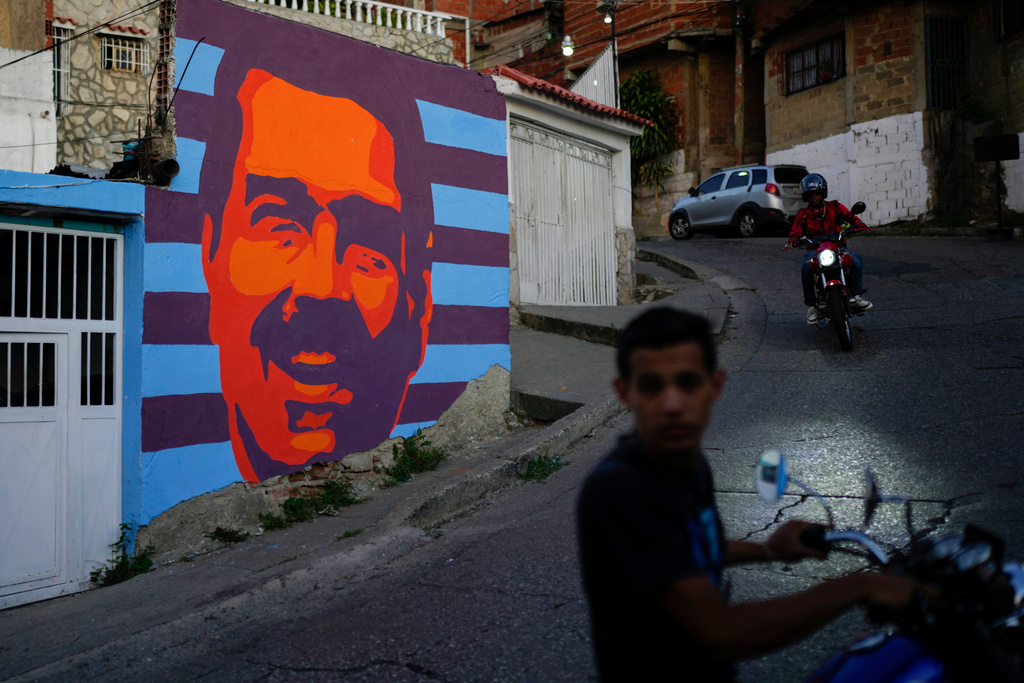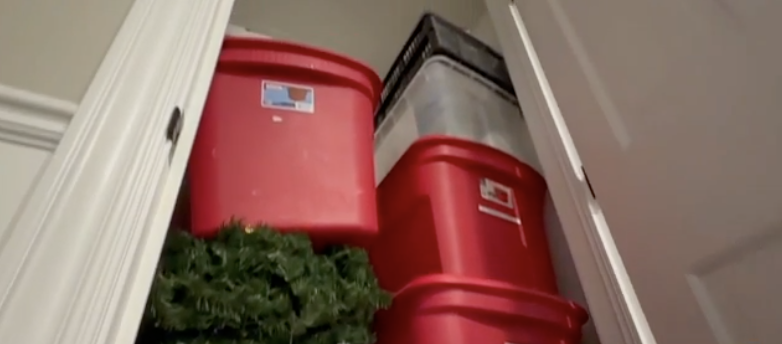They’re first on the scene, and first to walk into danger.
Quention "Q" Curtis, Chicago Fire Department Lieutenant: "We're training for the real deal. God forbid if it ever comes this way, hopefully it won't. But we're preparing ourselves. You know, we have families. We have to go back home. We want to make sure that we protect our families, we protect the public."
The threat to firefighters became apparent at the end of February in Washington state, where more than a dozen firefighters from the town of Kirkland responding to this assisted living facility were exposed to the coronavirus.
Patrick Morrison, assistant to the general president for health and safety, International Association of Fire Fighters: "They were not aware or told that these patients had the coronavirus … so they use the standard protocol that you would use on a call to this facility."
First responders who may have been exposed were quarantined. City officials report 12 of the 32 who were quarantined are now showing "flu-like" symptoms, and 19 have confirmed direct exposure.
Even though there are fewer coronavirus cases here than in Washington state, Chicago firefighters are still prepping for a possible outbreak.
Curtis: "This is what you're going to see them put on, this is the PPE kit…"
PPE stands for personal protective equipment. Curtis says it's only used when there's a suspected coronavirus case.
Curtis: "They put a pair of gloves on that way... their hands are covered at all times. And they take their gown on. They will assist each other and tighten it up. They'll glove up again and then they'll put their shields on… So if you notice they have layers of gloves on, not just one single glove."
Reporter: "Every single mask, gloves, etc., gets disposed of after every incident?"
Curtis: "Everything. If you wear this we dispose of it goes into a bio bag and from the bio bag to the hospital and the hospital disposes of it."
Patrick Morrison is the assistant to the general president for health and safety for the International Association of Fire Fighters. The organization represents more than 300,000 firefighters and paramedics in the U.S. and Canada. Morrison says for serious outbreaks, emergency responders may have to consider rationing masks and using them more than once. And there’s another problem: Morrison says dispatchers who send firefighters out to respond to emergencies may not be trained to ask specific questions to identify coronavirus patients.
Morrison: "The problem with dispatch is that the proper protocols have not been written into responding to this infectious disease to this coronavirus.
Neither Chicago nor Kirkland has a specific coronavirus prompt for their dispatchers. Instead, dispatchers rely on an infectious disease questionnaire that's been in place for years. It can help determine coronavirus symptoms, but some cases could still fall through the cracks.
Curtis: "Our dispatchers go by information that they receive from the caller. If the caller [doesn't] give them correct information, the dispatchers can't give us correct information."
So far, Chicago's fire department has received nine coronavirus-related calls since December. Fire Department EMS chief Juan Hernandez says communication is key.
Hernandez: "If they have to call 911, to please inform our call takers at the Office of Emergency Management. Give them information of what their, what their symptoms are, that we, when our firefighters and paramedics respond, they can be appropriately dressed. … That information will then be relayed over to our receiving hospitals."
The motto of the Chicago Fire Department is “We’re there when you need us.” Now they want the rest of the community to be there for them.




 Hospitals Brace For More Coronavirus Cases
Hospitals Brace For More Coronavirus Cases Coronavirus Fears Slow Down Chinatown Businesses
Coronavirus Fears Slow Down Chinatown Businesses






